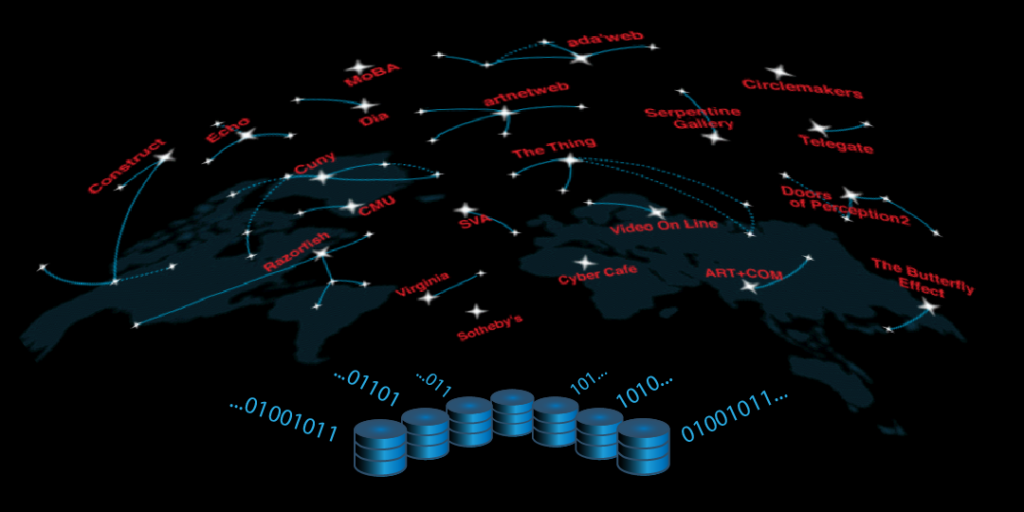As more of our work and entertainment moves online, the challenge of preserving websites and social media becomes increasingly urgent. In an interactive discussion on Friday 17 April at 1pm EDT entitled “Web Archiving for Everyone,” the latest guest speaker in UMaine’s Digital Curation program presents new tools and techniques for saving Internet culture for posterity.
Anna Perricci has been working at the leading edge of web archiving for the better part of a decade. After positions at the New York Public Library and ArtStor, Perricci served as a web archiving librarian at Columbia University, a digital archivist for Occupy Wall Street, and official evangelist for the innovative Webrecorder project.
(Register for this free webinar on April 17th here.)
 Since its inception in 1993, the Web has become progressively harder to preserve. Social media and the Web have a notoriously short half life: studies peg the average time before a website or mobile app is rewritten or lost at 50-100 days. Yet unlike the static HTML pages of the 1990s, modern websites are built dynamically from JavaScript as they load in the browser; without those external calls, saving a Twitter or Facebook page can result in a handful of floating text snippets flanked by gray rectangles.
Since its inception in 1993, the Web has become progressively harder to preserve. Social media and the Web have a notoriously short half life: studies peg the average time before a website or mobile app is rewritten or lost at 50-100 days. Yet unlike the static HTML pages of the 1990s, modern websites are built dynamically from JavaScript as they load in the browser; without those external calls, saving a Twitter or Facebook page can result in a handful of floating text snippets flanked by gray rectangles.
Webrecorder aims to change that, by empowering anyone to create a high-fidelity, interactive capture of a website right in a browser. Visitors to Webrecorder.io simply use its interface to navigate websites such as Twitter feeds and Facebook pages. A user-friendly interface allows them to store these captures locally or in the cloud, enabling future “playback” of posts and videos that were loaded dynamically but exposed in the act of navigation.
 Perricci has taught web archiving for the Society of American Archivists and been an associate director for Webrecorder, where she helped secure a million-dollar grant to produce and promote this innovative, browser-based tool. UMaine’s Digital Preservation students are required to learn Webrecorder, and look forward to hear from one of its principal champions.
Perricci has taught web archiving for the Society of American Archivists and been an associate director for Webrecorder, where she helped secure a million-dollar grant to produce and promote this innovative, browser-based tool. UMaine’s Digital Preservation students are required to learn Webrecorder, and look forward to hear from one of its principal champions.
Following this webinar, the Digital Curation program will offer DIG 510, an online class in metadata, from May 11th to June 19th. Two other courses, DIG 500 Introduction and Acquisition, and DIG 540 Digital Collections and Exhibitions, will be taught in the fall. For more information about this graduate certificate, visit DigitalCuration.UMaine.edu or register for the webinar.

